detail profile felix moeller
Peran Yang Di Mainkan Felix Moeller
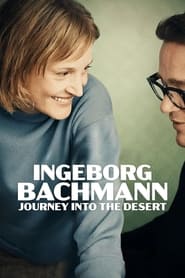 When Ingeborg Bachmann and Max Frisch...
When Ingeborg Bachmann and Max Frisch...Ingeborg Bachmann – Journey into the Desert 2023
When Ingeborg Bachmann and Max Frisch meet for the first time in Paris in the summer of 1958, they are already international celebrities of the literary world. In the four years that follow, they dabble in great love and an open relationship between his hometown of Zurich and her adopted Rome.
 Since the outbreak of the global...
Since the outbreak of the global...Jew Suess 2.0 2022
Since the outbreak of the global corona pandemic, the number of anti-Semitic content on the Internet and social media has also been increasing. Researchers see a connection between online radicalization and anti-Semitic violence – and also attacks. "Jud Süß 2.0" documents the visual roots of this new anti-Semitism.
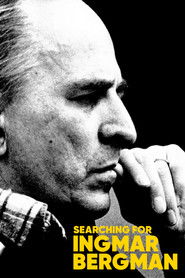 A meaningful account of the personal...
A meaningful account of the personal...Searching for Ingmar Bergman 2018
A meaningful account of the personal and professional life of the great Swedish filmmaker Ingmar Bergman (1918-2007) that explores his film legacy, with interviews with his closest collaborators and a new generation of filmmakers.
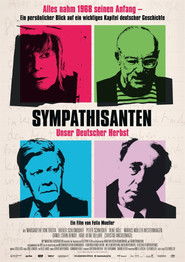 West Germany in the 1970s Many...
West Germany in the 1970s Many...Sympathisanten - Unser deutscher Herbst 2018
West Germany in the 1970s. Many artists, journalists and intellectuals were branded as sympathizers of Baader-Meinhof's left-wing terrorism. The parents of the director, too: Margarethe von Trotta and his stepfather, Volker Schlöndorff. With extensive archive materials and film clips as well as Margarethe von Trotta's private diaries the film portrays one German family and the society of the time.
 Between 1933 and 1945 roughly 1200 films were made...
Between 1933 and 1945 roughly 1200 films were made...Forbidden Films 2014
Between 1933 and 1945 roughly 1200 films were made in Germany, of which 300 were banned by the Allied forces. Today, around 40 films, called "Vorbehaltsfilme", are locked away from the public with an uncertain future. Should they be re-released, destroyed, or continue to be neglected? Verbotene Filme takes a closer look at some of these forbidden films.
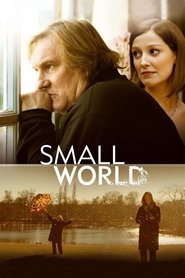 Conrad Lang a handyman in a...
Conrad Lang a handyman in a...Small World 2010
Conrad Lang, a handyman in a rich family - he has been raised like a brother with Thomas, who has the same age -, accidentally puts fire to the big holiday house he keeps. He returns to the town he grew up in, to the family home, where Philippe, Thomas's son, and Simone are getting married. Conrad's frequent memory loss and behavioural problems rapidly reveal a neurological disease (Alzheimer's is suggested by doctor Cohen when he examens Elvira) which leads Elvira, Thomas's stepmother, to install Conrad in a guesthouse on the property, with the help of a nurse. When Conrad looses more and more his landmarks in present and past, memories of his youth come back to surface. They intrigue Simone, since these memories do not entirely fit together with the official family history...
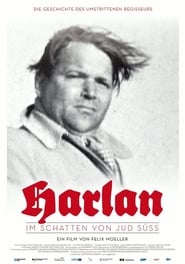 Though almost forgotten today Veit Harlan...
Though almost forgotten today Veit Harlan...Harlan: In the Shadow of Jew Süss 2008
Though almost forgotten today, Veit Harlan was one of Nazi Germany's most notorious filmmakers. His most perfidious film was the treacherous anti-Semitic propaganda film Jud Süß - required viewing for all SS members. This documentary is an eye-opening examination of World War II film history as well as the story of a German family from the Third Reich to the present; one that is marked by reckoning, denial and liberation.
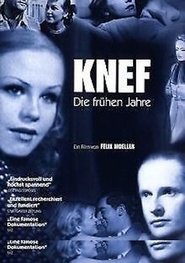 A documentary about the life of...
A documentary about the life of...Knef - Die frühen Jahre 2005
A documentary about the life of the actress Hildegard Knef.
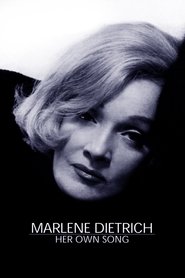 The films affairs and struggles of...
The films affairs and struggles of...Marlene Dietrich: Her Own Song 2002
The films, affairs and struggles of the iconic star of The Blue Angel as told by Rosemary Clooney, Roger Corman, Deanna Durbin and many more.
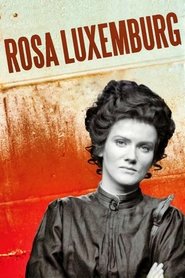 Polish socialist and Marxist Rosa Luxemburg...
Polish socialist and Marxist Rosa Luxemburg...Rosa Luxemburg 1986
Polish socialist and Marxist Rosa Luxemburg works tirelessly in the service of revolution in early 20th century Poland and Germany. While Luxemburg campaigns for her beliefs, she is repeatedly imprisoned as she forms the Spartacist League offering a new vision for Germany.
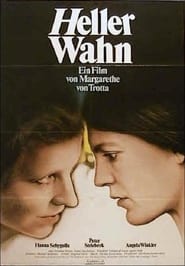 Olga and Ruth become friends Olga...
Olga and Ruth become friends Olga...Sheer Madness 1983
Olga and Ruth become friends. Olga is independent, separated from her husband, living with an immigrant pianist, and teaching feminist literature. Ruth is withdrawn, a painter, possibly mentally ill. Ruth dreams in black and white, sometimes of her suicide. Olga lectures on a 19th-century writer, von Günderrode, a suicide after the breakup of her intense friendship with Bettina Brentano. Ruth's husband Franz encourages the women's friendship, then, as Olga draws Ruth out and the friendship deepens, he becomes jealous. After the women travel to Egypt, Franz has a tirade. Ruth seems crushed between her husband and her friend, and how she responds is the film's climax.
 Germany 1968 The priests daughters Marianna and...
Germany 1968 The priests daughters Marianna and...Marianne and Juliane 1981
Germany, 1968: The priest's daughters Marianna and Juliane both fight for changes in society, like making abortion legal. However their means are totally different: while Juliane's committed as a reporter, her sister joins a terroristic organization. After she's caught by the police and put into isolation jail, Juliane remains as her last connection to the rest of the world. Although she doesn't accept her sister's arguments and her boyfriend Wolfgang doesn't want her to, Juliane keeps on helping her sister. She begins to question the way her sister is treated.
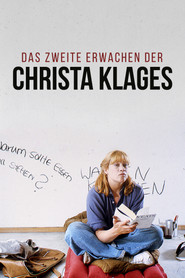 Three people rob a bank to...
Three people rob a bank to...The Second Awakening of Christa Klages 1978
Three people rob a bank to help a day care center that's in debt. Wolf is captured, Werner identified, police suspect Christa is the third. She and Werner ask Hans, a clergyman, to launder the money and give it to the kindergarten. He refuses. They try Ingrid, Christa's friend, who tries to help, but the school rejects the money. When tragedy strikes Werner, Hans helps Christa bolt to a collective in Portugal. Ingrid visits her; their relationship makes the collective nervous, so she returns to Germany and ceases living in hiding. The police are still looking for her and so is a witness to the robbery, Lena, a bank clerk. Lena's interest brings Christa's second awakening.
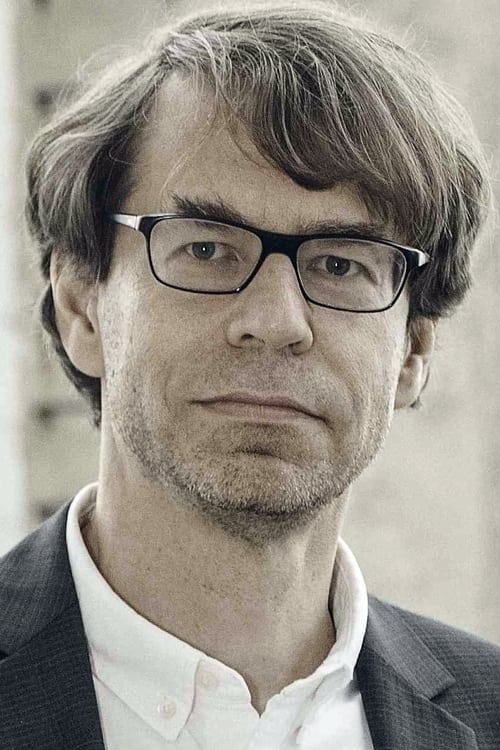
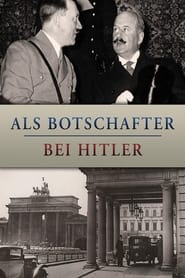
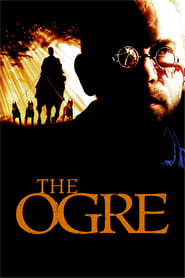 Frenchman Abel Tiffauges is a naive...
Frenchman Abel Tiffauges is a naive...